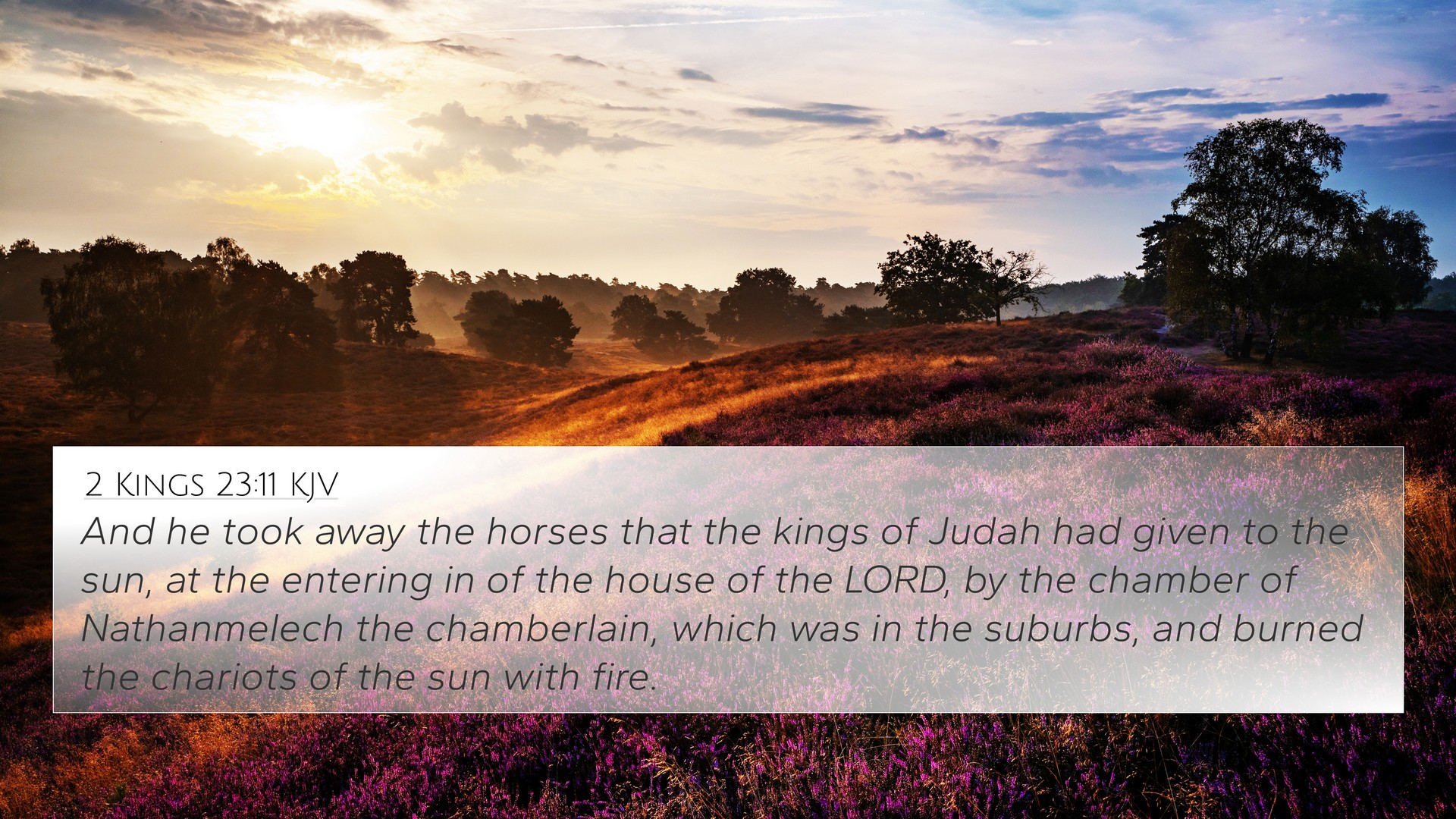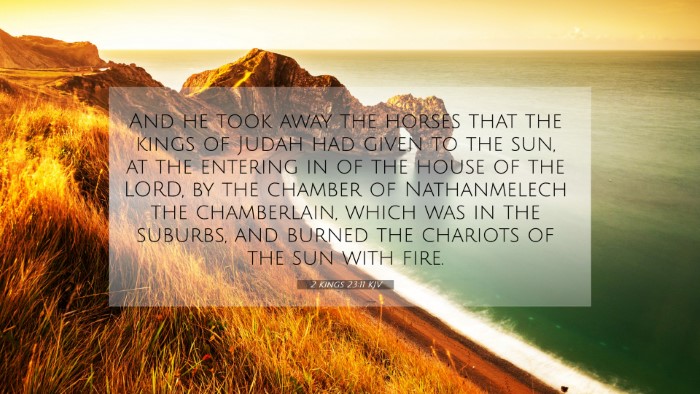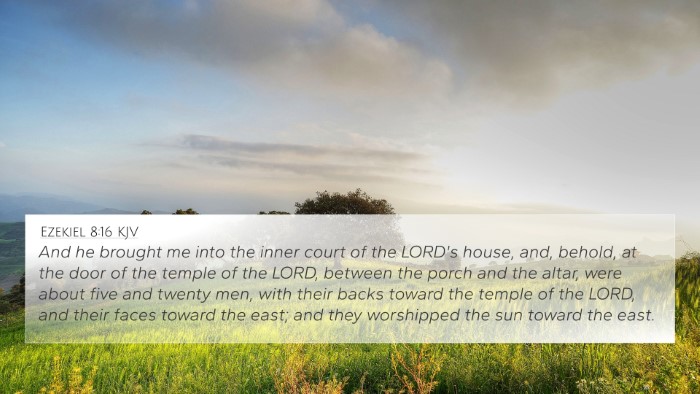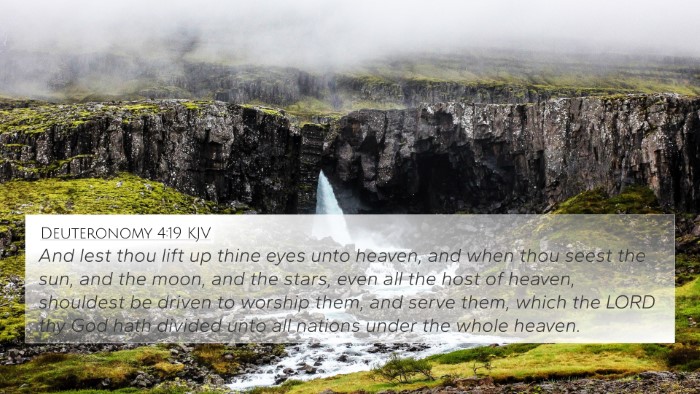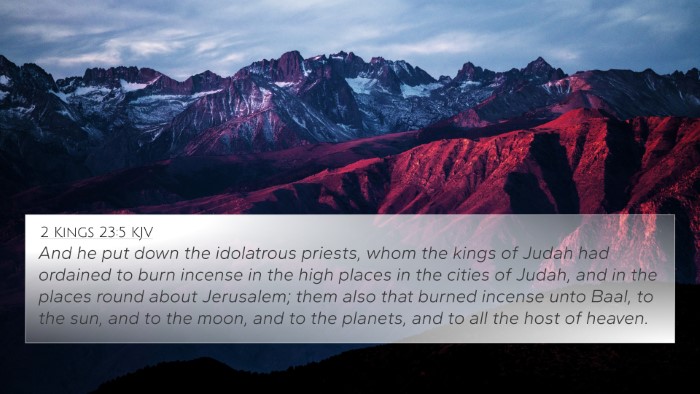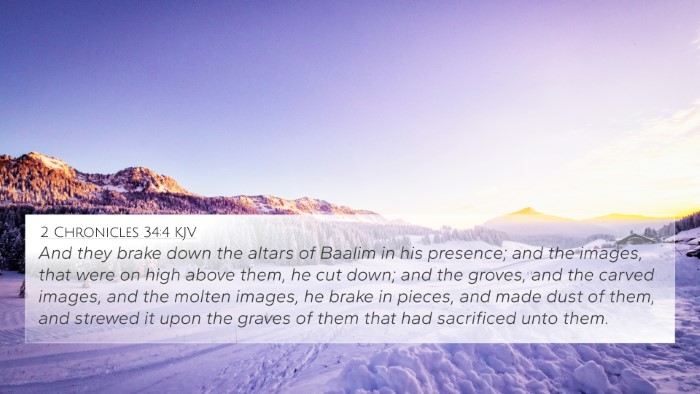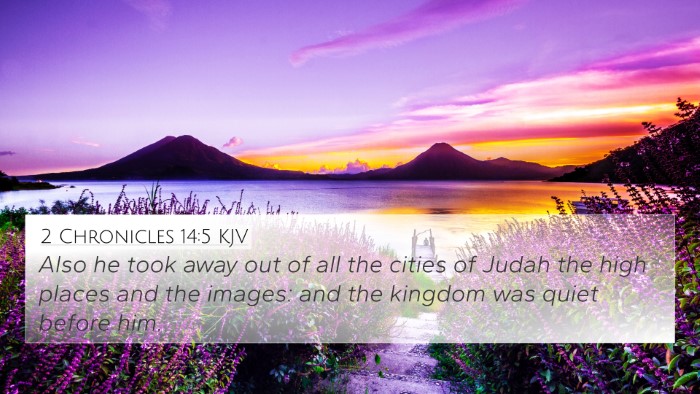Understanding 2 Kings 23:11
2 Kings 23:11 states, “And he took away the horses that the kings of Judah had given to the sun, at the entering in of the house of the LORD, by the chamber of Nathan-melech the chamberlain, which was in the suburbs.” This verse is a critical moment reflecting King Josiah's extensive reforms in Judah, particularly concerning idolatry and the worship of false gods.
Context and Background
In the historical context of 2 Kings, King Josiah is noted for his commitment to restoring true worship of Yahweh. This involved removing pagan practices and symbols from the Temple and the land.
- Idolatry: King Josiah's actions demonstrate a fierce opposition to idolatry, particularly the worship of celestial bodies like the sun.
- Religious Reform: This verse highlights a specific reform targeting the horses dedicated to sun worship, signifying an attempt to eliminate practices that distracted from the worship of Yahweh.
- Location: The reference to the “chamber of Nathan-melech” suggests that these practices were deeply entrenched within the royal establishment, calling for a radical transformation.
Insights from Commentaries
Various public domain commentaries shed light on the significance of this verse:
Matthew Henry
Matthew Henry emphasizes the importance of Josiah’s reform as a turning point in Judah's history. He points out that the removal of the horses dedicated to the sun not only signifies the eradication of idolatrous worship but also reinforces the primacy of Yahweh's worship within the kingdom.
Albert Barnes
Albert Barnes notes that this action against idolatrous practices was both a political and a spiritual cleansing. He suggests that the "chamber of Nathan-melech" indicates the intimate involvement of royal officials in perpetuating these unholy practices, thus illustrating the need for comprehensive reforms.
Adam Clarke
Adam Clarke expands on the implications of this verse by highlighting the spiritual consequences of idolatry. He argues that by taking away the horses given to the sun, Josiah was not merely acting politically; he was facilitating a return to covenant faithfulness as prescribed in the Law of Moses.
Cross-References Related to 2 Kings 23:11
- Exodus 20:4-5: Prohibition against idol worship, including any form of celestial worship.
- Deuteronomy 12:2-3: Instruction to destroy the places of worship for foreign gods.
- 2 Chronicles 34:3-7: A parallel account of Josiah’s reforms emphasizing his zeal against idolatry.
- Jeremiah 2:13: A lament against Israel’s forsaking of the true God for false ones.
- Isaiah 1:28: A promise that rebels and sinners will be destroyed, highlighting the consequences of idolatry.
- 1 Kings 11:33: Reference to past kings of Israel who led the people into idolatry, serving as a warning.
- 2 Kings 22:8-11: The discovery of the Book of the Law, which ignited Josiah’s reforms.
Thematic Connections
This verse is part of a larger narrative focusing on divine covenant, righteousness, and reform. The connections between 2 Kings 23:11 and other Bible verses illuminate themes such as:
- Faithfulness to God: The essentiality of true worship as seen in numerous texts.
- Consequences of Idolatry: Repeated warnings throughout the prophetic books.
- Historical Context of Reformation: Comparison to other kings who instituted reforms.
Tools for Further Study
For those wishing to delve deeper into cross-referencing Biblical texts:
- Utilize a Bible concordance to find related verses.
- Engage in cross-reference Bible study with various themes explored in scripture.
- Explore a cross-reference Bible guide to understand connections better.
- Apply Bible cross-reference systems for in-depth thematic study.
Conclusion
2 Kings 23:11 is a pivotal verse illustrating King Josiah’s commitment to reform in the kingdom of Judah. Through insights derived from biblical commentaries and cross-referencing related verses, one sees the depth of this reform and its implications on true worship. Engaging with the broader narrative and thematic elements encourages a comprehensive understanding of scripture, making practical use of cross-referencing tools invaluable for deepening one’s study.
